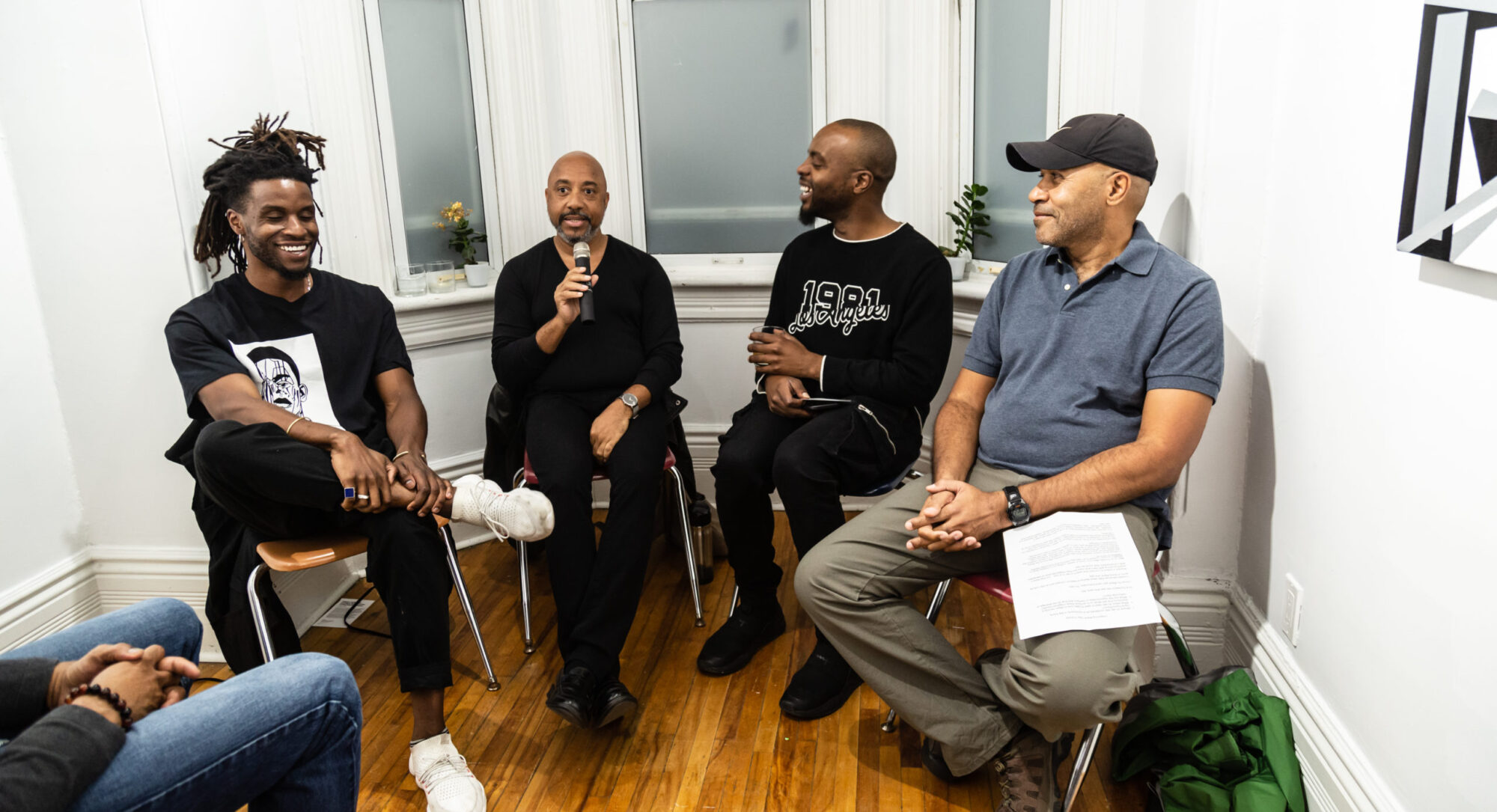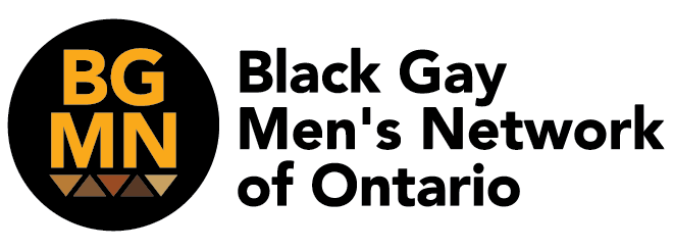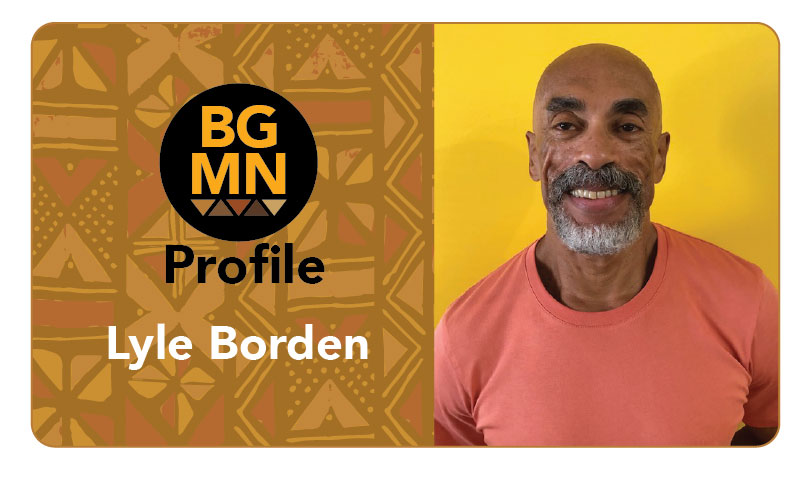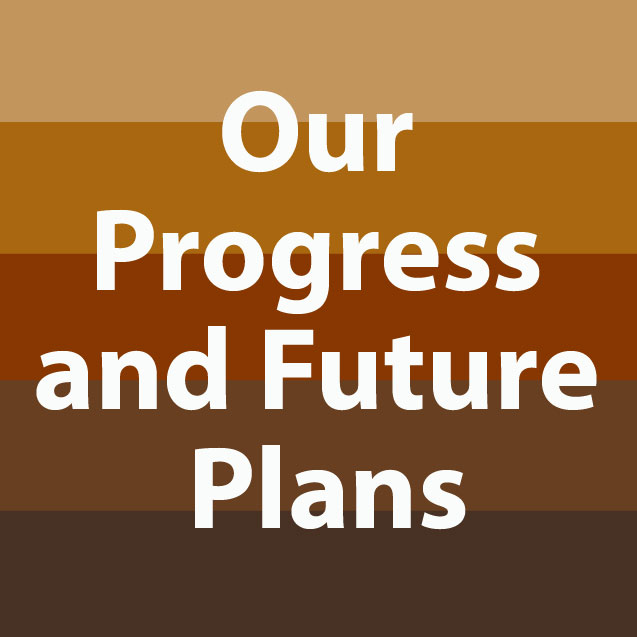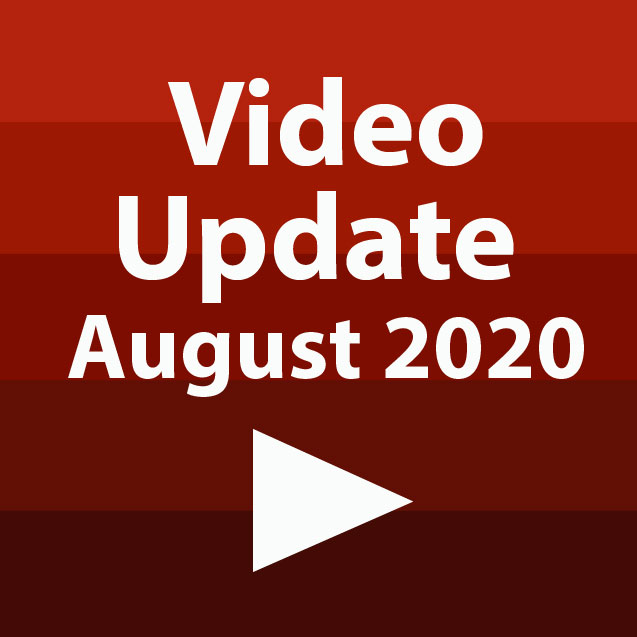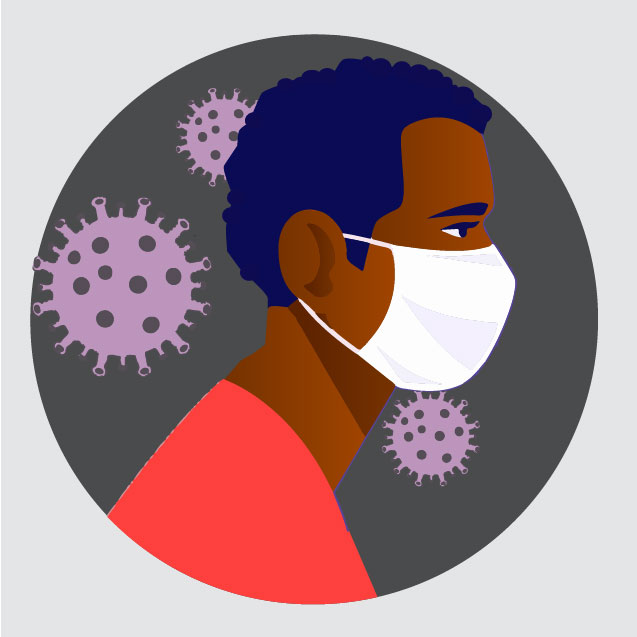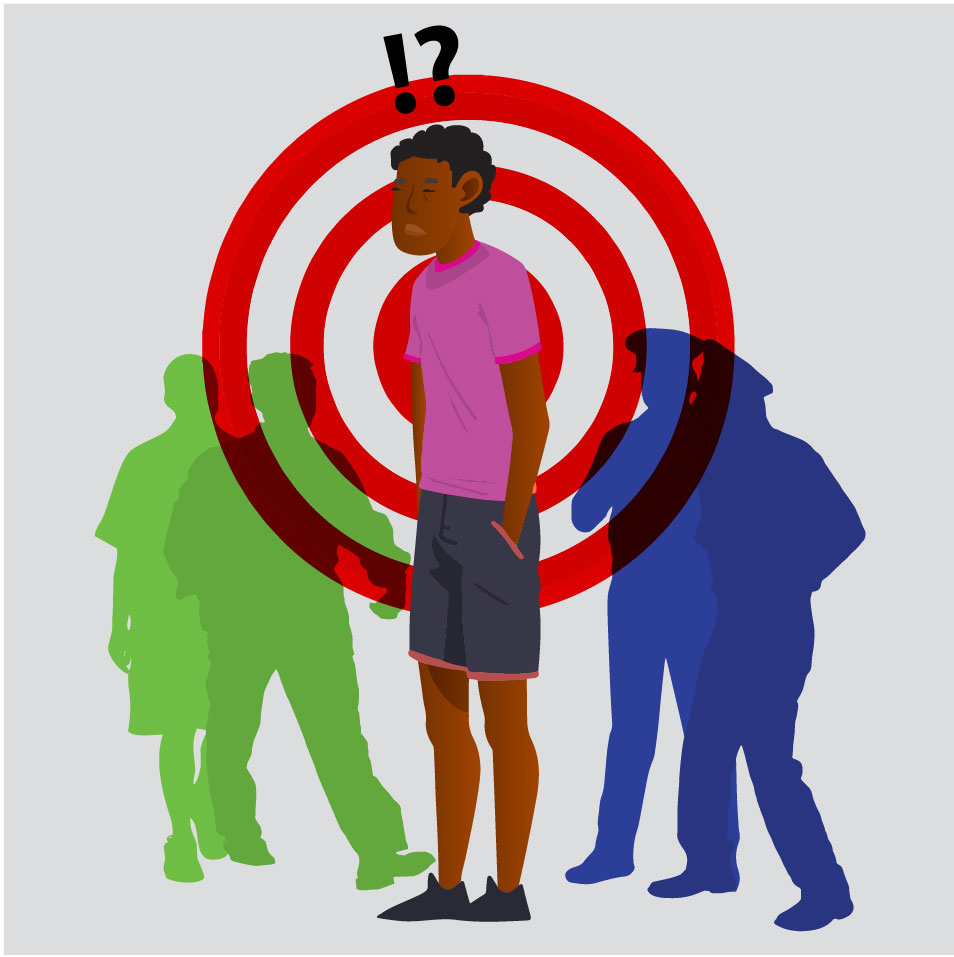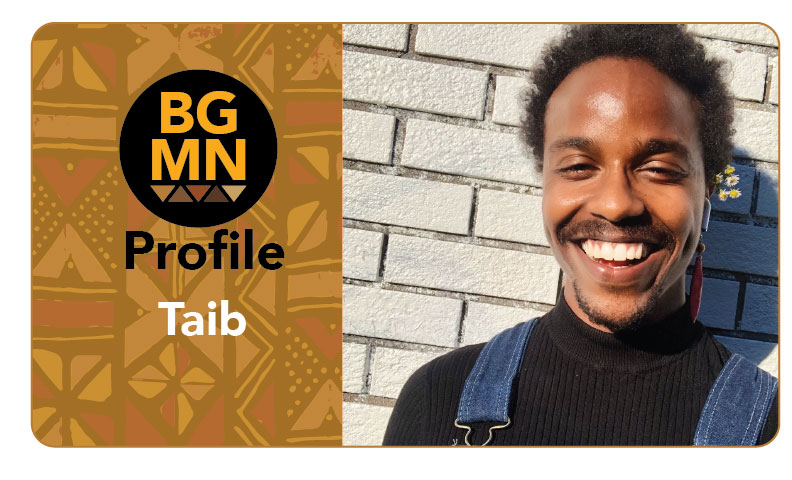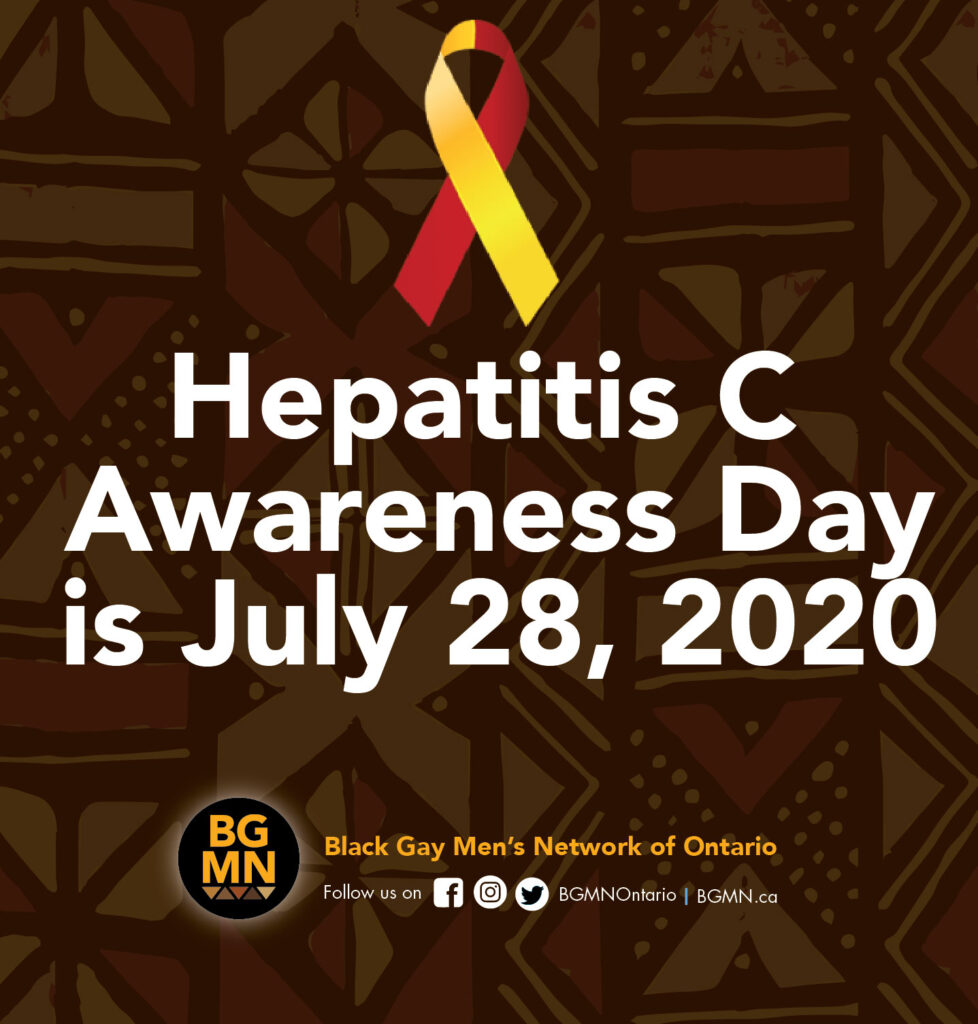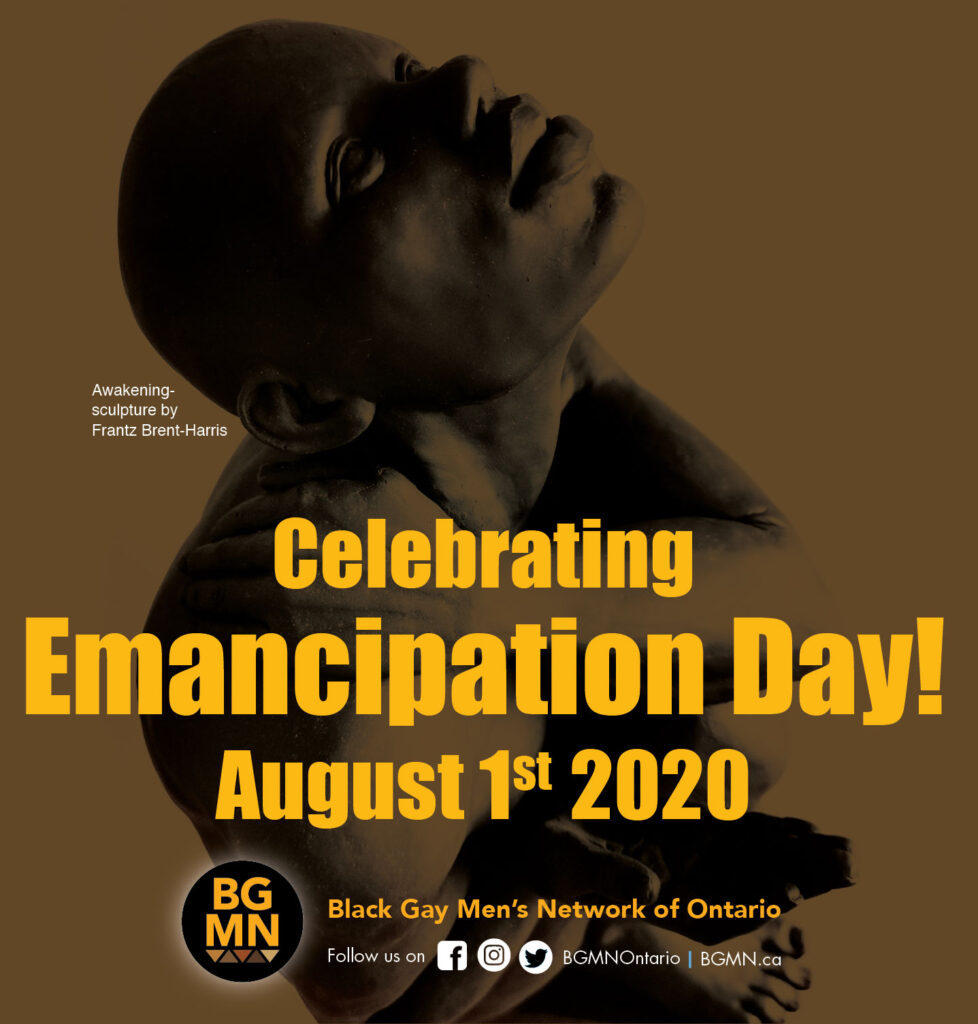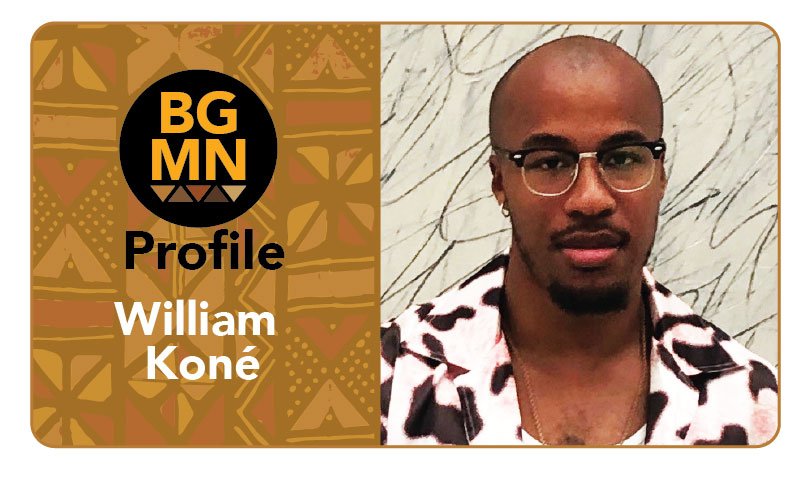Eric Peters is a social and community activist with a passion for and a commitment to ensuring that the lives of all Black people — including Black gay, bi, trans and non-binary people – matter, and that they achieve and sustain a good quality of life. His lifelong mission is to resist all measures of anti-Blackness and to protect our human rights and dignity.
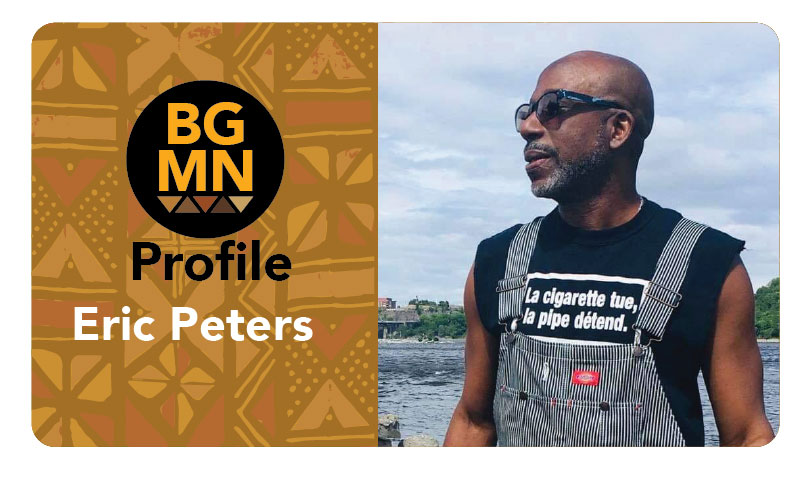
Presently, Eric works in health promotions concerning gay men’s sexual health using an anti-Black racism lens. His work is grounded in social justice and centres on building the capacity of service providers who work with two spirit, gay, bi, trans, queer (2SGBTQ) men to achieve and maintain their sexual health and emotional well-being. The goal is to help 2SGBTQ men develop and enjoy healthy, emotionally intimate, trusting and sexually pleasurable relationships. Eric is a lover of the arts and has a strong vocation for fashion; he launched his brand, Zavé, three years ago for custom and a clothing line (M/F).
How do you manage COVID-related stress/anxiety?
I am usually a person who pushes back against guidelines or enforced rules. However, early in the pandemic, I spiritually surrendered. My stress level was heightened by the videos shared on social media and other platforms for the world to see the modern-day lynching of two Black men, Ahmaud Arbery and George Floyd, which triggered a global fight against anti-Black racism.
It was at this point that I was wrapped in perpetual emotional turmoil, moving cyclically from anger, fear, and rage to sadness/grief. I am not sure that I’ll ever be the same emotionally, psychologically, mentally or spiritually. However, to address these emotions, I meditate daily, exercise on/off, FaceTime and video chat with family/friends, and attend some social distancing backyard picnics. Recently, I was re-introduced to hiking (not sure how long this will last), I’ve limited my use of social media and have been making optimum use of the block/delete buttons. I have also been reading articles/papers (work-related) on the many new antiretrovirals, on PrEP coming down the pike, and Nigerian and South African fashion blogs. I just completed Pauli Murray’s “Song in a Weary Throat” and Rinaldo Walcott’s and Idil Abdillahi’s “Black Life: Post-BLM and the Struggle for Freedom” (not to be read like a novel). This works best for me; of course, lots of quality time with my partner (dinners on our balcony and conversations).
Who is your favourite streaming DJ on FB or Instagram Live or what’s on your
playlist?
D-Nice, who I recently discovered in early quarantine, has become my favourite Instagram Live DJ. He plays the genres of music that I enjoy and love to dance. My playlist stems from my early days of clubbing in NYC in the 80s/90s. It comprises mixes of Paradise Garage, Frankie Knuckles house, Kenny Bobien’s gospel house, Byron Stingily’s (Hate Won’t Change Me), Black Coffee, Robert Owens’s (I’ll Be Your Friend), DJ Chill X (Old School House Mix), Viola Sykes (Little Girl), Kimara Lovelace (When Can Our Love Begin), Shaun Escoffrey (Days Like This), lots of Anita Baker, Whitney, Luther, Regina Belle, our home grown (Toronto’s own Coco Brown) and 80s Dance music – think Alexander O’Neal, Kashif and Phyllis Hyman. I’ll stop there.
What led you to your current (career, art, activism)?
The mid-90s heightened Black community HIV/AIDS response coincided with a renewed intensity about the ever-evolving Black experience in NYC, especially for Black and queer men with multiple identities and intersections. In my quest for a space where I could actualize my Blackness and queerness, l became a member of Gay Men of African Descent (GMAD), participated in People of Colour in Crisis (POCC) meetings/rallies and, delved into Black queer radical politics, community organizing and HIV/AIDS activism.
This experience motivated me to volunteer at an AIDS service organization (ASO) in Harlem, NYC around 1995. It was a time when young Black gay/bi men were dying from HIV/AIDS complications and wanted to learn more about HIV/AIDS. At the time, I had no plans of leaving my then position in Corporate America. However, in 1997, I enthusiastically took an outreach coordinator position at that ASO.
Today, 23 years later, not only have I gained knowledge and skills in almost every capacity of this work, but I also learned about community and myself. This brought me to the realization that one must be consciously ready (WOKE) for this career because this is “Wake Work.”
Describe a scene of your vision for the future.
In recent years, there have been ongoing conversations about older gay men’s fear of returning to the closet, due to the lack of “culturally gay appropriate” long-term care (LTC) facilities and spaces for this population. Therefore, my vision is that there’ll be LTC facilities that are held accountable and, committed to providing racially and culturally sound, diverse care to 2SGBTQ men (along the spectrum of sex, sexuality & gender identity). They will be facilities whose entire staff/board are not only “gay friendly,” but trained and have comprehensive knowledge of providing adequate and appropriate care centred in dignity and respect. They must have activities and policies embedded in gay culture that are not limited to, for example, books, music, films, rooms that partners can live together, lounges for socials — tea dances (Sundays, 4 – 8pm)/Saturday supper club soirees (dragshows/comedians/etc.). They will also create routine opportunities for residents’ engagement to discuss ways of enhancing their quality of life.
Connect with the Black Gay Men’s Network of Ontario and join the hub of same-gender-loving men of African, African diaspora, Afro-Latino, Caribbean and Black identities.
